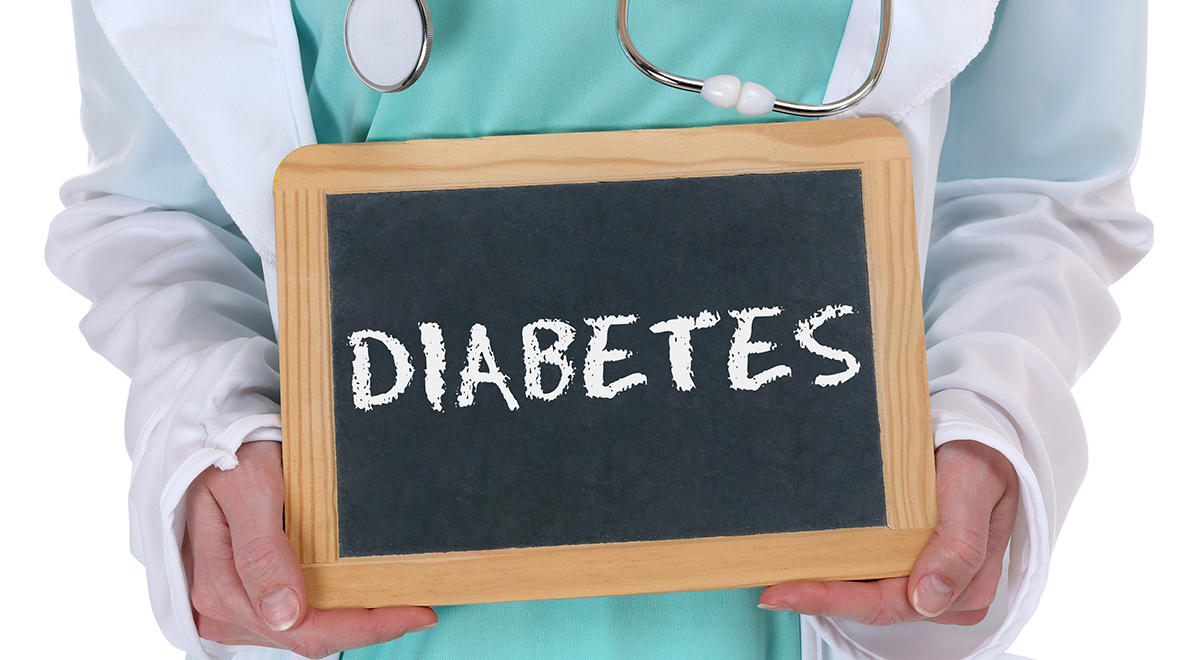In his recent press conference, President-elect Donald Trump made one statement that everyone can agree upon: drug manufacturers are “getting away with murder” – sometimes, literally. It is no secret that the pharmaceutical industry has been jacking up drug prices to obscene levels, pricing many patients out of the market for life-saving treatments. One of the most egregious examples is insulin, a hormone that regulates blood sugar levels in the body – and vitally necessary for diabetics who depend on regular insulin injections.
Most of these patients are those who suffer from Type 1, or childhood-onset diabetes. While many cases of Type 2 diabetes can be managed with diet and exercise, Type 1 diabetics must take regular injections of insulin, since the pancreas – which produces this hormone naturally – does not function in these patients.
Twenty years ago, a vial of insulin that cost around $20 now carries a price tag of more than $250. While most of the 6 million adults in the U.S. who depend on insulin don’t pay the full price because they get it through their health insurance, those who have high deductible plans, inadequate coverage (or none at all) or who accidentally break a vial face hard choices.
Ironically, Canadian researchers who discovered insulin and its function in 1921 were hesitant to patent the medication. Prior to that time, a diagnosis of diabetes was tantamount to a death sentence. The biochemists and physicians who made the discovery believed that nobody should be profiting from a medication that could save lives.
Ultimately, they did patent the drug – then sold the rights to the University of Toronto for $3. It was their belief that by doing this, no private company would be able to monopolize insulin, and it would be freely available to anyone who needed it. In his book, The Discovery of Insulin, historian Michael Bliss writes, “[They] were trying to do a great humanitarian thing…they hoped their discovery was a kind of gift to humanity.”
Seventy-five years after the patent on insulin, three major pharmaceutical companies have taken insulin and made minor modifications. Some of these, such as the genetically-engineered Humalog (first developed in 1991), offer minor improvements – but according to experts such as Harvard Medical School professor David Nathan, such improvements do not justify the kind of price-gouging that the industry engages in. He says, “The truth is they are marginally different, and the clinical benefits of them over the older drugs have been zero.”
Meanwhile, as Senator Bernie Sanders points out, “People are dying or getting sicker because they can’t afford their insulin, just so Eli Lilly and Novo Nordisk can make outrageous profits.”
Of course, the pharmaceutical industry’s insulin scam is just the tip of the iceberg – and unless Congress develops a conscience and gets out of Big Pharma’s back pocket, the situation is not going to improve anytime soon.

